
Tag Archives Herbicides
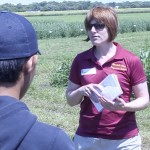
VIDEO: Herbicide resistance and “old soil-applied” solutions for weeds
Crop Diagnostic School: Know your target weed issues... and weeds that have caused you trouble in the past

Canola growers urged to be smart: don’t use Clever (quinclorac) until importers set MRLs
Those who have sprayed canola with the herbicide need to inform buyers at delivery time
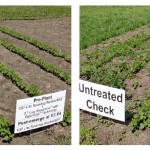
Tips on applying dicamba/glyphosate tank mix on Xtend soybeans
The implications of residual control, plus mitigating drift and sprayer cleanout
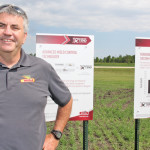
Monsanto rolls out ‘Xtend’ glyphosate-dicamba-tolerant soybeans
Manitoba farmers could be planting these dual-stacked GM soybeans as early as next spring
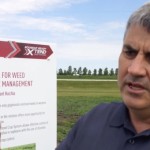
VIDEO: Roundup Ready Xtend soybeans and the fight against herbicide resistance
Monsanto’s glyphosate and dicamba tolerant soybeans will help in delaying glyphosate resistant weeds says DEKALB agronomist Bruce Murray

VIDEO: Roundup Ready Xtend crop system for soybeans, avoiding spray drift
Monsanto’s new Roundup Ready Xtend soybeans are glyphosate and dicamba tolerant. Here are some tips on avoiding dicamba drift
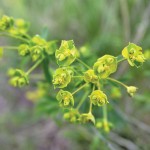
Manitoba overhauling Noxious Weeds Act
Noxious weeds will be listed in three tiers with control action based on the threat to agriculture and natural areas
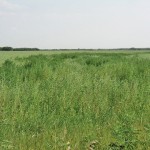
Tank mixing weed killers helps delay herbicide-resistant weeds
But don’t forget to rotate crops, including fall seeded and perennials, advises AAFC’s Hugh Beckie

Southwest Manitoba goes from dry to drenched
Our History: June 1999
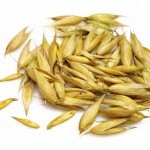
Yorkton oat processor no longer accepting oats treated with pre-harvest glyphosate
Grain Millers Canada says its research links timing of application to reduced processing quality


